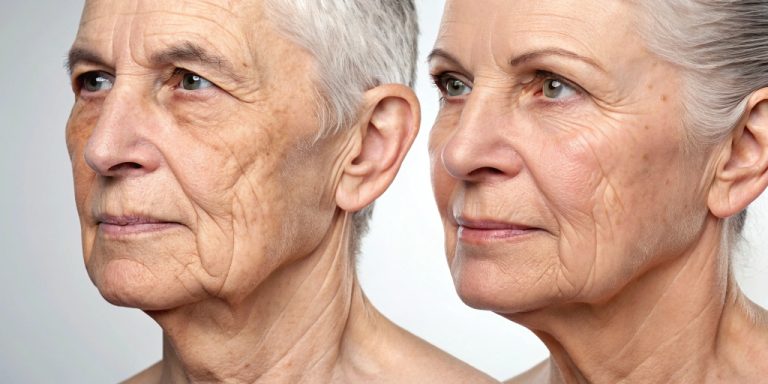Why Good Mental Health Is a Human Right
Good mental health is increasingly recognised as a basic human right. Without it, people cannot fully participate in society, achieve their potential, or live with dignity. Protecting mental well-being is therefore essential.
Understanding Mental Health as a Human Right
According to the World Health Organization, mental health is a state of well-being that allows people to handle life’s challenges, work productively, and serve their community.
The Global Burden of Mental Ill Health
Mental disorders are among the leading causes of disability worldwide, affecting people of all ages and backgrounds. Conditions such as depression, anxiety, and post-traumatic stress disorder can significantly reduce quality of life and limit opportunities in education and work. The NHS outlines symptoms of depression.
Barriers to Accessing Support
Although effective treatments exist, many people face barriers to care. Stigma, underfunded services, and long waiting lists often prevent individuals from receiving the help they need. Inequality also plays a role, with disadvantaged groups more likely to experience poor mental health yet less likely to access support. Workplaces and schools are increasingly turning to initiatives such as mental health training courses from providers like www.tidaltraining.co.uk/mental-health-training-courses to raise awareness and reduce stigma.
Creating Environments That Support Well-Being
Mental health is shaped by more than healthcare. Safe schools, fair workplaces, supportive families, and inclusive communities all contribute to resilience. Policies that reduce poverty, tackle discrimination, and ensure access to education and employment are just as important as clinical care.
Good mental health isn’t a privilege but a right, and ensuring access to it benefits individuals and society alike.



Average Rating